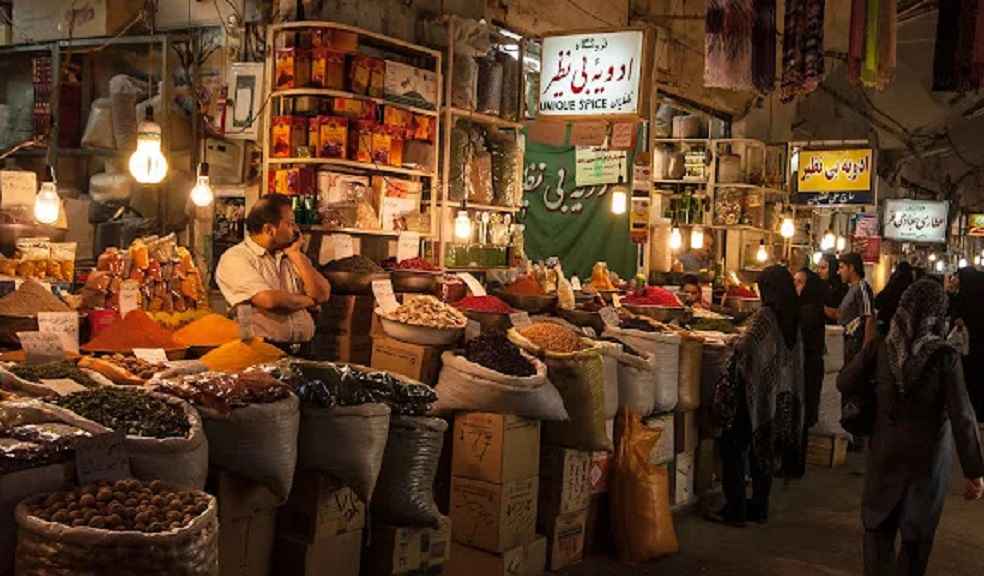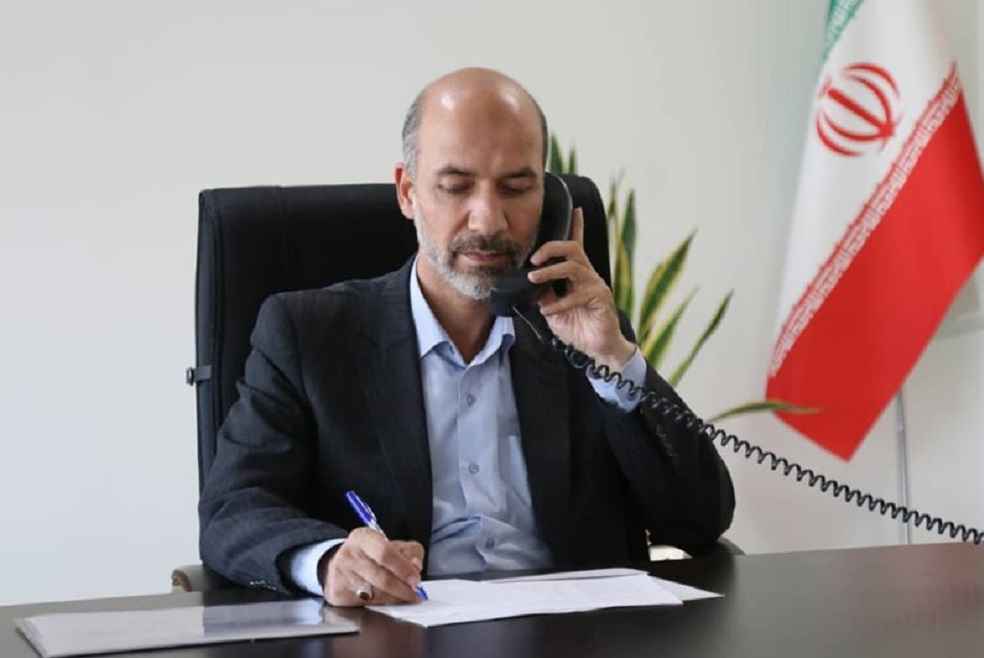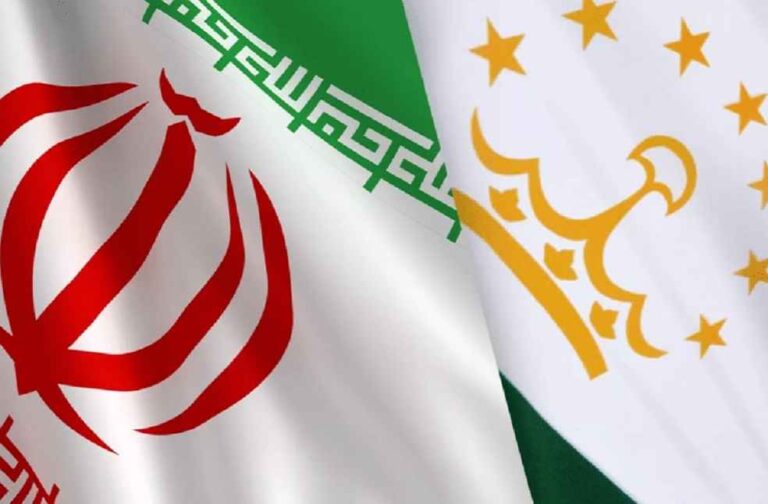An ambitious objective of hitting €500 million in bilateral trade marks a pivotal point for Iran and Tajikistan, as these nations strive to deepen economic collaborations. Statements from officials reflect a significant uptick in trade activities, fueled by a blend of shared history, culture, and language.
The trajectory of Growth and Progress
President Ebrahim Raeisi’s tenure has witnessed a robust increase in the economic exchange between Iran and Tajikistan. Mojtaba Akbari, instrumental in fostering this bilateral relationship, highlighted exports from Iran exceeding $91 million in non-oil products to Tajikistan within two years. This burgeoning trade stems from long-standing cultural and linguistic commonalities, reinforcing political and economic ties.

String of Strategic Agreements
A series of pivotal agreements during high-level visits underscores the growing partnership. President Raeisi’s inaugural trip to Dushanbe in September 2021 resulted in seven cooperation agreements, signaling a renewed commitment to bilateral engagement. His second visit in November 2023 saw the signing of nineteen additional documents, solidifying this burgeoning alliance.
Diverse Economic Engagement
Iran’s export portfolio to Tajikistan showcases a variety of sectors, encompassing construction materials, food products, detergents, petrochemicals, and agricultural machinery. An upcoming exhibition on December 26 in Dushanbe will feature 36 leading Iranian companies, displaying their latest advancements and products. This event represents a significant opportunity for Iranian industries to gain a foothold in the Tajik market.

Future Prospects and Official Visits
Iranian Energy Minister Ali Akbar Mehrabian’s scheduled visit to Tajikistan is anticipated to propel these bilateral initiatives further. Elevating annual trade volumes to €500 million stands as a key objective, signifying a robust commitment to shared economic prosperity.
Regional Trade Implications
This thriving trade partnership between Iran and Tajikistan exemplifies the power of economic collaboration between nations with shared historical and cultural roots. It serves as a testament to the capacity for strategic alliances to foster economic growth, offering benefits for the nations involved and contributing positively to regional economic stability.
IMEX SECTOR | China Sets New Tariffs on Taiwanese Chemical, Disrupting Cross-Strait Trade



